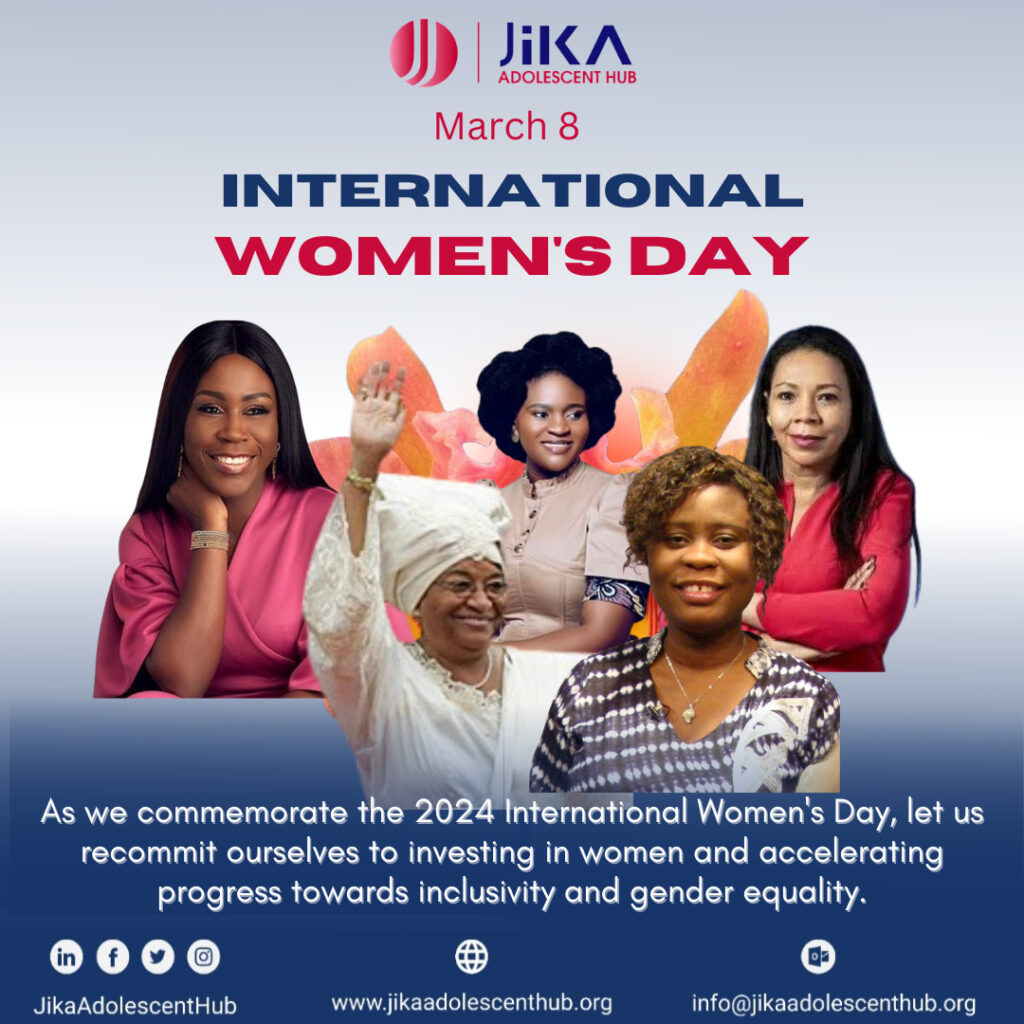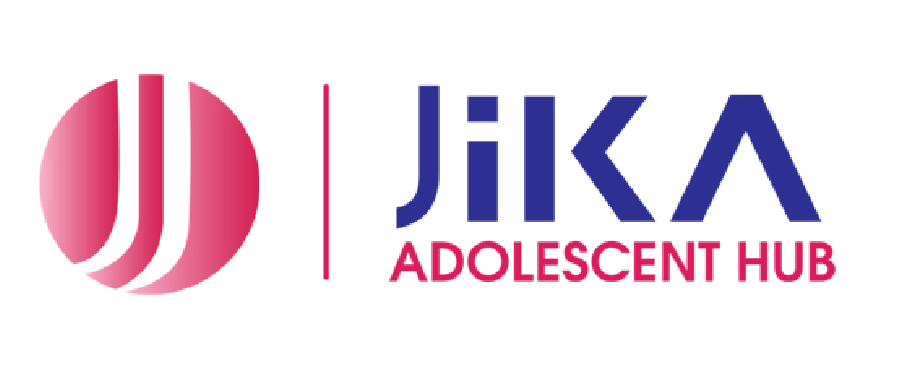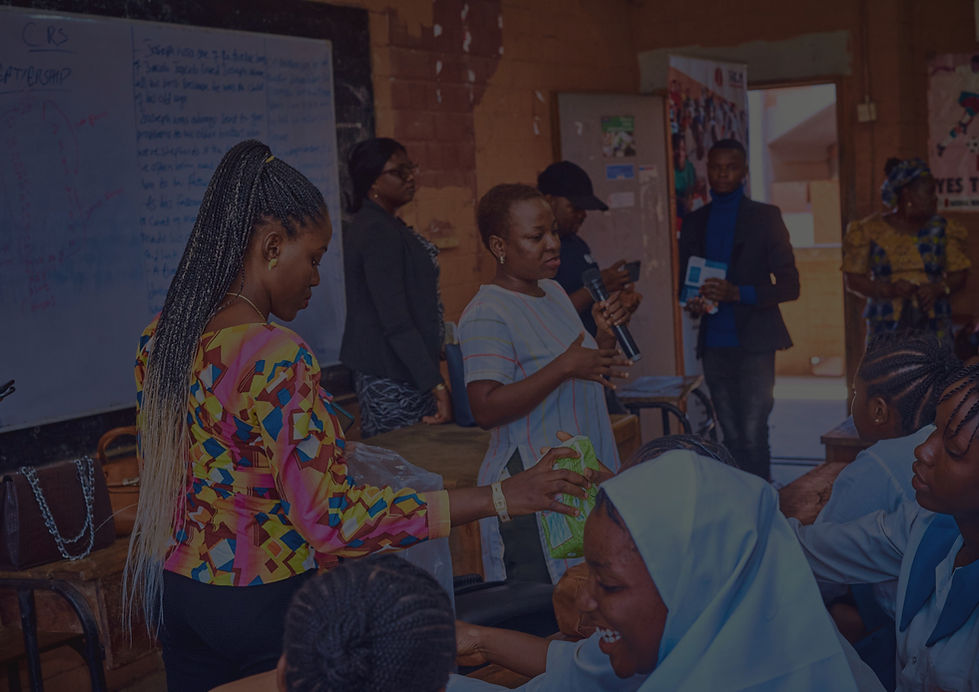As we celebrate International Women’s Day this year, the theme “Invest in Women, Accelerate Progress” resonates deeply, particularly in the context of Africa. Across the continent, African women are reclaiming their voices, rewriting the narrative, challenging stereotypes, and driving positive change in their communities and beyond. Despite facing various challenges, from systemic gender inequality to socio-economic barriers, these women are proving resilient and resourceful, demonstrating the transformative power of investing in women. In this article, we’ll be looking into the journey of 5 of such women.
Firstly, Tara Durotoye, a Nigerian beauty entrepreneur and lawyer. Raised by her grandmother after the separation of her parents when she was eight months old. She grew up to become the pioneer of professional bridal makeup in Nigeria by setting up international makeup studios and starting the first makeup school in Nigeria. At 21, she founded her organisation “House of Tara”, a beauty brand she began in her hostel room at the University of Lagos. As of 2019, the brand had 270 products, 23 stores, 14 beauty schools, and 10,000 representatives across Africa, with 5,000 in Nigeria. Despite starting makeup at a time when it was considered Western and a waste of resources in Nigeria, Tara remained undeterred and successfully built an alien business, which is now a household name and has trained and served thousands of others across Africa to date.
Secondly, Farida Nabourema, a Togolese civil rights activist and writer who has fought for democracy since she was a teenager, at 20 years she founded the Faure Must Go movement, calling for civil resistance and for true democracy to take full effect in Togo. In 2014, she published her book ‘The Pressure of Oppression’ and has continued to lend her voice to the call for justice despite opposition, threat, and exile. In the fight for justice, she has watched loved ones and friends go to prison and others killed. She has escaped being killed and exiled, but she continues to lend her voice and support the movement of bringing democracy to Togo through whatever means possible. This demonstrates how resilient we need to be as women if we must effect change. Change does not happen because of a person’s gender but because of who is willing, skilled and determined to close a gap despite opposition.
Thirdly, Bukola Oriola is a Nigerian-American journalist, author, and advocate for survivors of human trafficking and domestic abuse. In 2005, Oriola immigrated to the United States with dreams of pursuing a career in journalism. Still, she fell victim to human trafficking upon arrival and was forced into house help duties and sexual assault by her employer. Despite the trauma she experienced, She managed to escape her traffickers and rebuild her life in the United States. She founded The Enitan Story and became the host of the imprisoned show. She became a prominent advocate for survivors of human trafficking and domestic violence, using her own story to raise awareness and advocate for policy changes. Her resilience and advocacy work have earned her numerous accolades, including the U.S. Department of State’s Hero Acting to End Modern Slavery Award.
Fourthly, Rebecca Enonchong, the Cameroonian tech entrepreneur nicknamed the “Queen of African Tech.” As the founder and CEO of AppsTech, she has been at the forefront of fostering innovation and entrepreneurship across Africa. Through her work, she empowers aspiring African entrepreneurs, particularly women, providing them with the tools and resources to thrive in the digital age. As a teenager, she had to take up a job selling door-to-door newspaper subscriptions to stay in school in the United States. Through hard work and determination, she later became a manager at the same company at the age of 17 and has graciously climbed up the career ladder to where she currently sits as the Queen of African Tech.
Lastly, Ellen Johnson Sirleaf, a Liberian who served as the 24th president of Liberia from 2006-2018. She was the first female elected head of state in Africa. A journey she faced despite lots of threats and loss. She ran for a senatorial seat in 1985, but opposing parties disrupted the election and later ran for presidency in 1997 but lost to Charles Taylor. She returned in 2005, 8 years after losing the first trial and won. As president, she was faced with rebuilding a country battered by decades of civil war and political instability as well as profound social divisions, grievances and corruption. While in office, she focused on rebuilding the country’s economy, promoting reconciliation, and advancing women’s rights. In 2011, she was awarded the Nobel Peace Prize for her efforts to promote non-violent democratic change. Her tenure marked a significant chapter in Liberia’s history and development, and her legacy continues to impact leaders and activists worldwide.
These are just a few examples of the countless African women who are breaking barriers and challenging the status quo. Their stories serve as powerful reminders of the resilience, creativity, and potential inherent in African women.
Investing in Women for Progress:
The call to invest in women is not just for moral imperatives; it is also a strategic investment in the prosperity and stability of our world. Studies have shown that when women are empowered economically, communities thrive, economies grow, and societies become more resilient. Take the stories of the women listed above, for instance; their abilities and skills contributed and are still contributing to the growth and development of societies across different sectors.
To accelerate progress and unleash the full potential of African women, targeted investments are needed across various sectors. This includes expanding access to quality education and skills training, promoting women’s entrepreneurship and leadership, and ensuring equal rights and opportunities for women in the workforce. We also need to invest in programmes that inspire a mindset of growth and independence in women, with a significant focus on women in rural communities. We need to help them see what is possible beyond the confines of their local communities and create opportunities for them to tap into their inner genius.
Accelerating Progress: A Call to Action
As we commemorate the 2024 International Women’s Day, let us recommit ourselves to investing in women and accelerating progress towards inclusivity and gender equality. This requires a collective effort from governments, civil society, the private sector, and individuals alike. We must prioritise policies and programmes that empower women, dismantle barriers to their participation and advancement, and promote gender-responsive development strategies.
We need also to challenge harmful stereotypes and biases that perpetuate gender inequality and limit women’s opportunities. By amplifying the voices and stories of African women, we can challenge existing narratives and inspire the next generation of female leaders and change-makers.
In conclusion, investing in African women is not just the right thing to do; it is also the smart thing to do. By investing in women, we can unlock their full potential and improve progress across the continent. Let’s start today to empower women across all sectors, one woman at a time, until we have a continent filled with thriving women.



